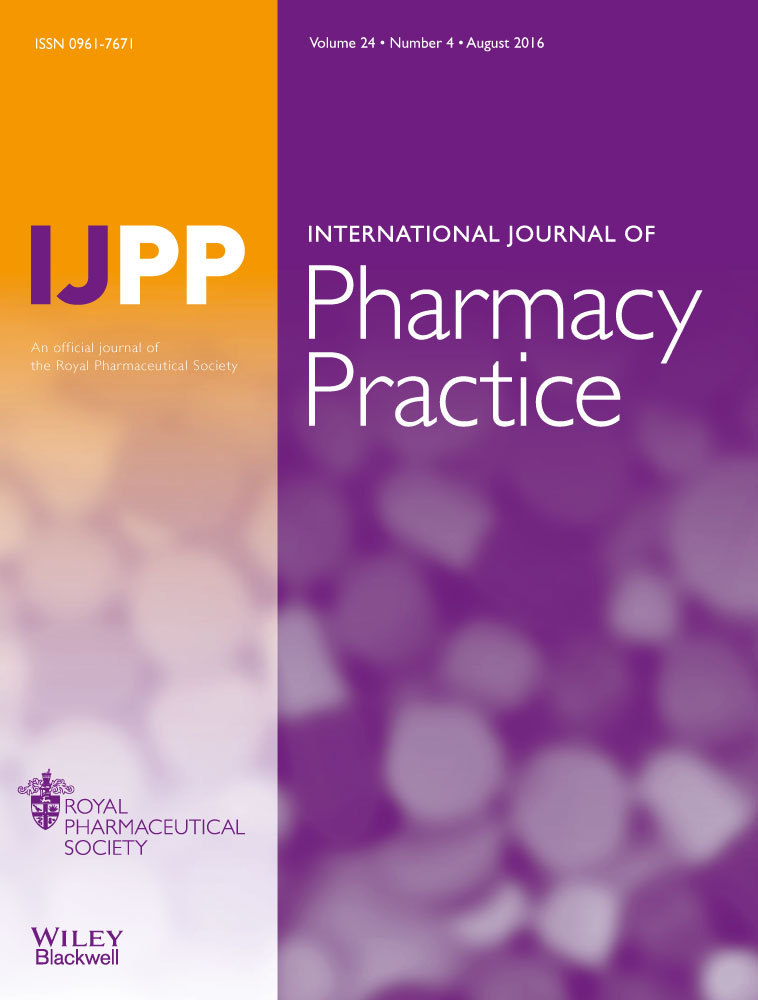Exploring the process of professional socialisation and development during pharmacy pre-registration training in England
Abstract
Objectives
To explore the process of professional socialisation in pharmacy trainees during pre-registration training.
Methods
A prospective, longitudinal qualitative design was used. A purposive sample of 20 trainees from community and hospital pharmacy in North West England was recruited. A total of 79 semi-structured interviews were conducted with trainees on three occasions during training and once four months after training. Data were analysed thematically using template analysis.
Key findings
Early on in training, non-pharmacists played a significant role in socialising trainees into the work setting; pharmacists played the stronger role towards the end. Pre-registration tutors were strong role models throughout training. Training experiences differed between settings, where services provided and patient mix varied. Hospital trainees learnt about specialist medicines on ward rotations. Community trainees developed knowledge of over-the-counter, and less complex, medicines. In hospital, trainees were exposed to a range of role models in comparison to community where this was generally limited to a small pharmacy team. Newly qualified pharmacists were challenged by having full responsibility and accountability.
Conclusion
This study showed the experiences encountered by trainees that affect their professional socialisation. More standardisation across training sites may reduce the variation in experiences and professional socialisation and development. Formal training for pre-registration tutors and support staff that play a key role in supporting trainees could be considered. Support for newly qualified pharmacists may allay the challenging transition they face when entering practice.




